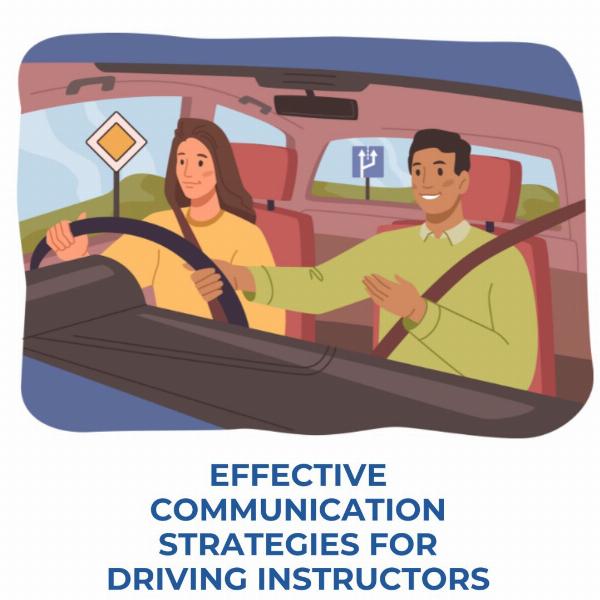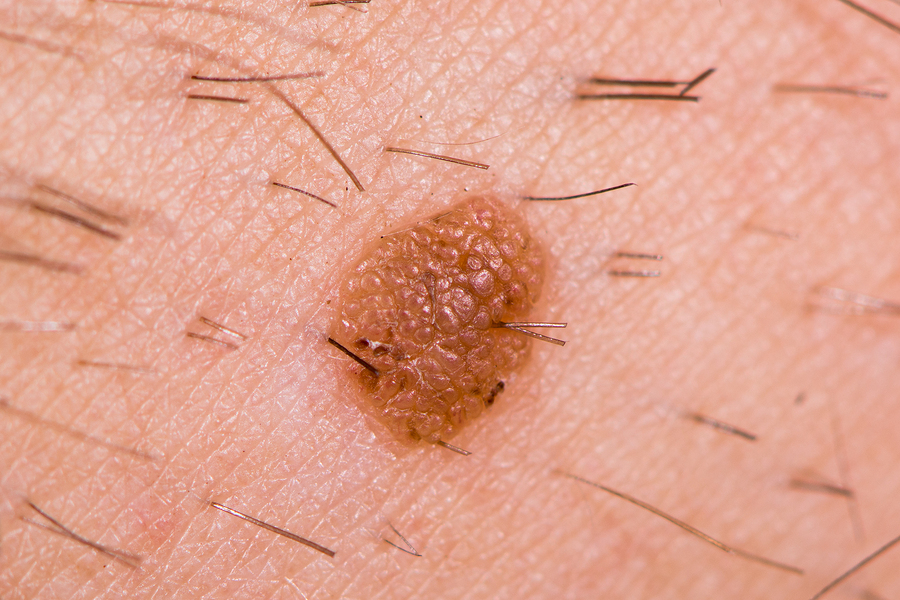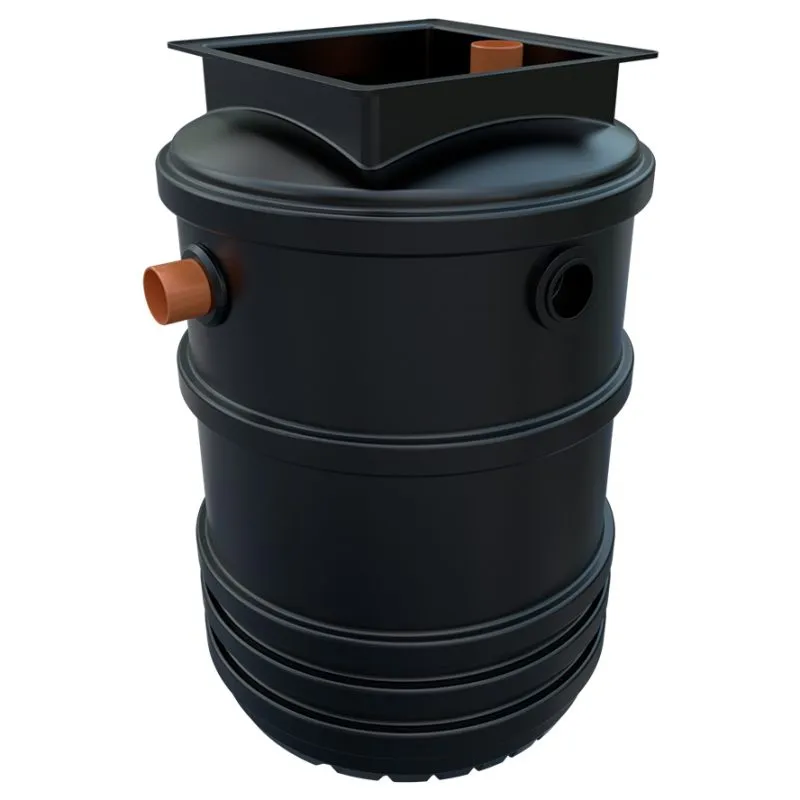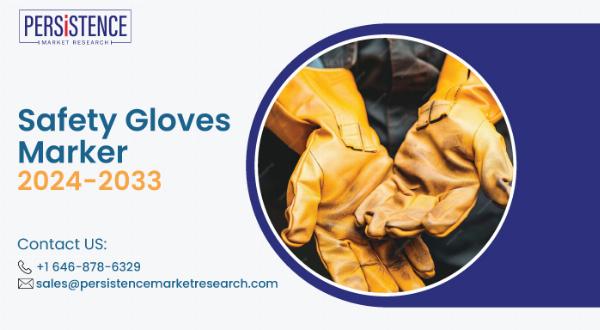UWEC research on glove to treat Parkinson's symptoms receives Mayo Clinic backing
EAU CLAIRE — Research at the University of Wisconsin-Eau Claire is now backed by the Mayo Clinic Health System thanks to their collaboration agreement, as students are testing technology that could impact people in the community and beyond.
As part of a research project conducted by students and staff at UW-Eau Claire, Nicholas Beltz, associate professor of kinesiology, and Marc Mc Ellistrem, professor of materials science and biomedical engineering, are looking at a prototype glove helping patients overcome Parkinson’s symptoms.
“It all started over a year ago in the biomedical engineering department,” Beltz said. “We’re always kind of doing collaborations within the university and gotten to know [Mayo] over the last few years, and they just wanted to know if we had any interesting ideas that would be appropriate for a biomedical engineering student.”
Beltz said he had been running a Parkinson’s exercise program on campus for three years. Parkinson’s disease is a progressive neurological disorder which primarily affects movement, but Beltz had learned from one of their members in the program of a vibro-tactile glove which could help reduce symptoms like tremors and rigidity.
“I started doing some reading on the original studies from the 2010s and up into 2020 out of the University of Stanford,” he said. “They had developed these gloves to basically help potentially treat Parkinson’s symptoms.
“People were just building these in their garage in our community, and I thought, ‘Hey, wouldn’t that be cool for our biomedical engineering students to work with this design and see if they can replicate this design?’”
With these prototypes, there are still a lot of unknowns and questions that still require ongoing research to answer. One part as to why these gloves can be effective is that they stimulate the brain through a “vibrotactile coordinated reset” (vCR).
“There’s just so many highways and byways and pathways and driveways within the brain and the brain’s connections, where stimulating that area in the brain somehow has an effect on the areas of the brain that control movement and these Parkinson’s symptoms,” Beltz said. “That’s obviously very invasive a lot of the time… so the idea is that they wanted to develop this technology. It turns out if you stimulate the fingertips in particular ways, it kind of lights up or stimulates the same areas of the brain that deep brain stimulation does.”
Students working on the project are now learning its practical applications in everyday patients.
“They successfully replicated the glove, and then they’ve been making functional improvements to make them a little bit easier to use, because the one at Stanford wasn’t necessarily built for commercial functionality or day-to-day uses,” Beltz said.
With support from the Mayo/UW-Eau Claire Research and Innovation Council, the Blugold research project recently received an $82,682 grant.
“Where the funding really comes in is that all the legwork leading up to this has been: What are these gloves all about and can we build them successfully? And the answer is yes,” Beltz said.
With the research on Parkinson’s, Beltz said that resistance training is one way which can potentially improve a patient’s quality of life.
“These gloves have the potential to do that as well,” he said. “So what we’re doing is combining these two treatments to see if there’s almost a synergistic effect; if they can kind of help each other in improving these outcomes.
“A big part of what our university does exceptionally well is in our department — we have various community outreach programs. And we always have ongoing student faculty research. The funding is an opportunity to do something at a much larger scale and much more impactful scale for our community and for our students. That’s what’s exciting about it.”
Beltz said there is always research going on at the university, but grant support like this furthers the ability for research to have a potentially immediate and powerful impact on the community. Students in the program are also hoping to see what effect the gloves could have as research on the treatment of Parkinson’s continues.













